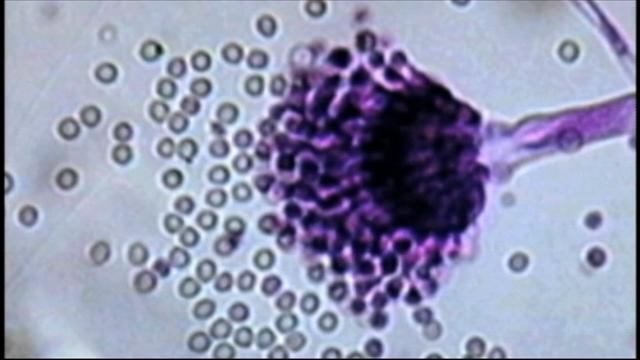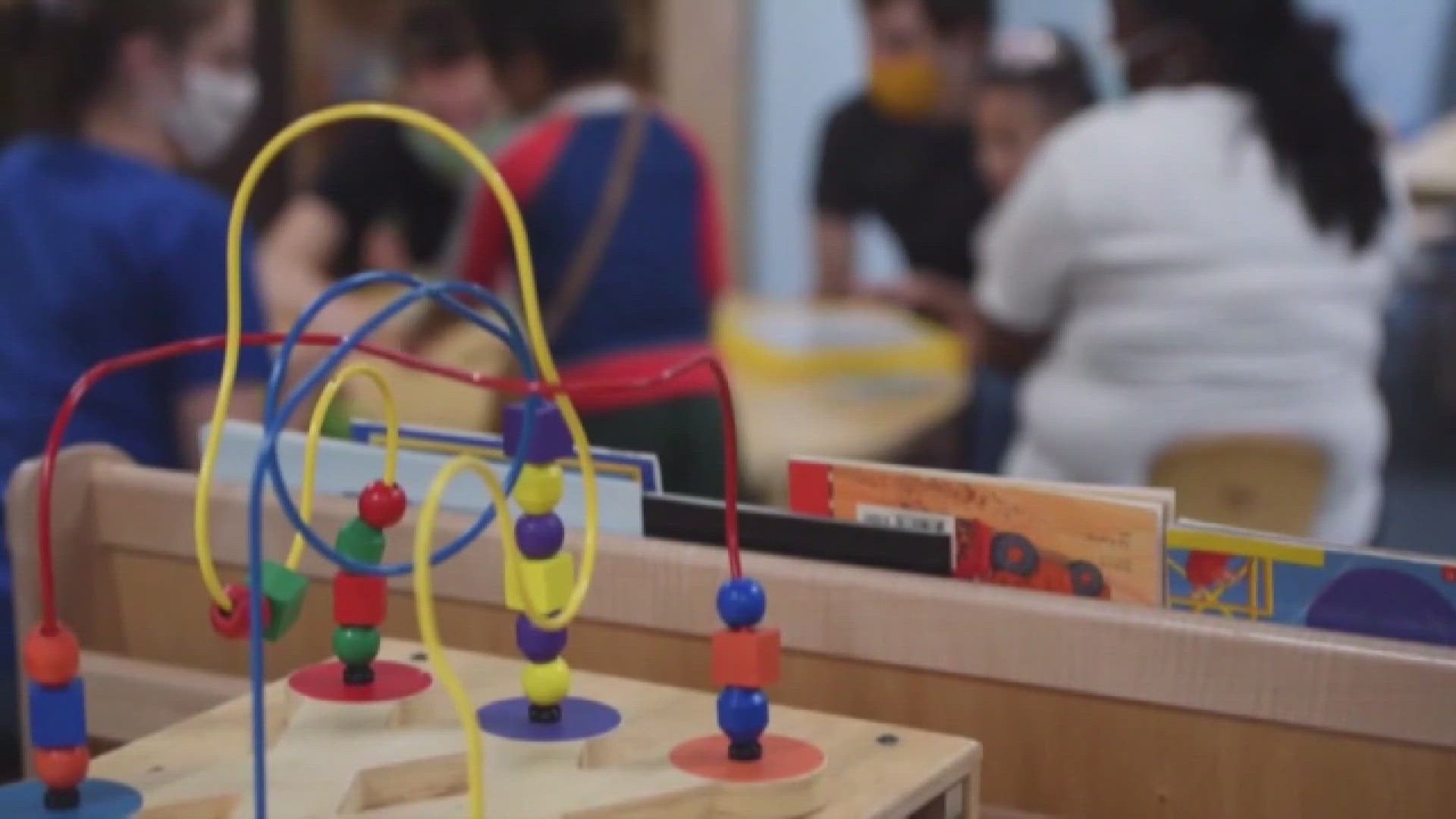![meningitis[ID=3696593] ID=3696593](http://www.gannett-cdn.com/-mm-/33d97f8a03d5ea06baca0f7a30eca34c8bd87643/r=500x281/local/-/media/WBIR/WBIR/2013/11/25/1385386381000-meningitis.jpg) Lawyers representing victims of the fungal meningitis outbreak announced Monday a preliminary settlement of more than $100 million with the owners of New England Compounding Center and its insurers, but that doesn't mean the lawsuits are ending.
Lawyers representing victims of the fungal meningitis outbreak announced Monday a preliminary settlement of more than $100 million with the owners of New England Compounding Center and its insurers, but that doesn't mean the lawsuits are ending.
The agreement was negotiated as part of bankruptcy court proceedings. Faced with massive legal claims from the ongoing outbreak that has thus far sickened 751 people with 64 deaths, the Massachusetts compounding pharmacy filed for bankruptcy protection. However, dozens of suits have also been filed against health care providers that injected patients with a contaminated steroid made by the compounding pharmacy.
The tentative agreement announced Thursday is only for the claims against New England Compounding Center. It remains unclear how the bankruptcy court would distribute the money among victims and their families. Illnesses from the break have ranged from injection site infections to loss of life. Many victims who survived bouts of fungal meningitis have been disabled.
The court had appointed a committee of lawyers to represent the victims of the outbreak in the claims against New England Compounding Center.
"The Plaintiffs' Steering Committee has worked hard over the last several months to evaluate the liability of everyone involved in this tragedy and the tentative agreements are a big step forward in getting justice for victims," said Thomas M. Sobol, lead counsel for the committee. "However, we must all be mindful that the agreements still require much work in order to protect the rights of victims. We also recognize that any amount of money would be grossly inadequate to compensate the families of those persons killed and others grievously injured by the callous conduct of those in charge of NECC."
Joan Peay, one of the Nashville victims of the outbreak, said she was pleased to learn of the settlement, even without knowing what it will mean for her. She is still suffering from the effects of a relapse of the fungal meningitis that put her back in the hospital for some two months.
Asked how she was doing, Peay said, "Right now not very good."
She said that when she talked to her attorney last week, he told her it could take from one to four years before she could expect to actually get some compensation.
"I don't know how this announcement will effect that," she said.
Although the settlement could put a finite number on legal claims against NECC itself, Sobol noted that the tentative agreement reached in bankruptcy court has no bearing on lawsuits against medical clinics, doctors and companies affiliated with New England Compounding Center.
"This case is not over until all the wrongdoers have been brought to justice," Sobol said.
Tennessee has been one of the hardest hit states with 153 illnesses and 16 deaths.
Several lawsuits have been filed in Nashville. Mark Chalos, an attorney who represents local victims, said families will continue to vigorously pursue claims here. And he noted that checks from the agreement in bankruptcy court aren't being written yet.
"The proposed settlement still has significant hurdles to clear before any victims receive compensation," said Chalos, who is a member of the committee that negotiated the agreement. "The federal court must first decide whether the settlement is fair and reasonable and the settlement must be approved by a significant portion of the affected families though the bankruptcy court. The process will take several months. It is possible that, if the settlement is approved, compensation to families could be paid in 2014."
He added that the settlement has no bearing on claims against Saint Thomas Outpatient Neurosurgical Clinic and its owners. C.J. Gideon, lead counsel for Saint Thomas could not be reached for comment, but he has previously said the blame for the outbreak rests with the New England Compounding Center — not his client.
However, clinics and hospitals that ordered the medicine from the Massachusetts firm will face more focused legal action now that a preliminary settlement has been reached.
"The proposed settlement does not resolve families' claims against the corporate-owned clinics that sold and injected these contaminated medications, such as Saint Thomas Outpatient Neurosurgery Clinic in Nashville, Tenn., and other related Saint Thomas companies," said Gerard Stranch, another member of the lawyer's committee. Numerous Saint Thomas patients died or suffered serious illnesses as a result of receiving contaminated medications sold and administered at Saint Thomas' Nashville facility."
The victims' fund set up by the Massachusetts bankruptcy court will receive money from cash contributions by the owners of the compounding pharmacy as well as the proceeds from insurance, tax refunds and the sale of a related business. U.S. Bankruptcy Judge Henry J. Boroff of the Eastern District of Massachusetts will be in charge of confirming those plans.
The court has set a Jan. 15 deadline for submitting proof for claims in the bankruptcy proceeding.


